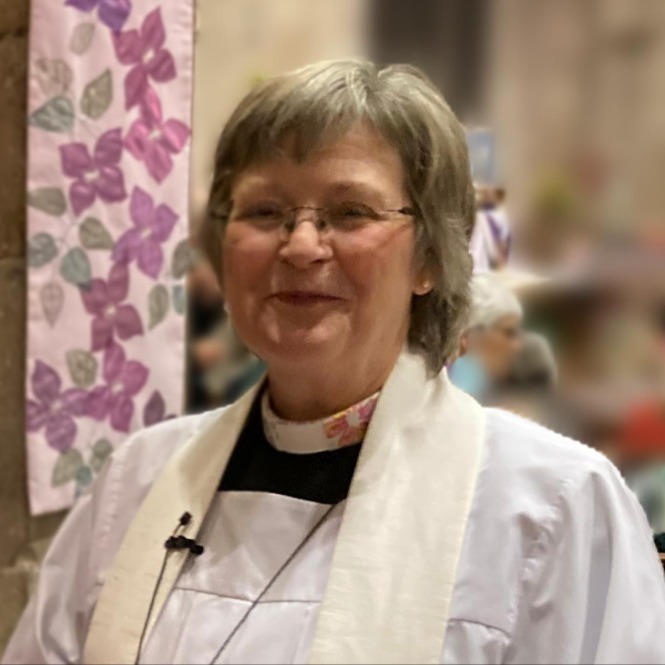New to church?
The following information is specifically for those planning a visit, so that you know, beforehand, what to expect on a Sunday morning.
Where and When
We meet at Greyfriars Church (details here) for our Sunday Service starting at 11am. For your first visit, we recommend arriving 10 minutes early to ensure you get a parking space and find somewhere to sit before the service begins. When you arrive, you will be greeted by someone on our Welcome Team.
We serve tea, coffee and biscuits after the service. It is a great way to meet people and find out more about us.
Accessibility: There is wheelchair access, and a sound loop for anyone who needs it. If you need a large print service book, please ask.
Our Service
The main service begins with a warm welcome from our Priest-in-Charge. Our service of Holy Communion includes hymns accompanied on the organ, bible readings, a sermon, prayers of intercession and responses. If you are a communicant member of another church, you are invited to share Holy Communion with us. Or if you prefer, you can come to the altar for a prayer of blessing.
Serving and Volunteering
Once you've settled here with us, if you want to get involved in the life of the church and help us make Sundays run smoothly, you can sign up to serve on a team. It's also a great way to get to know more people.
Get in touch with us to plan your visit
If you would like to come and visit the church beforehand you are more than welcome, or if you would just like to meet with someone before you come, please get in touch with us by filling out the form below.
We will respond and help arrange anything necessary for your visit. |
Who's who
 |
|
|
|
Revd Alison Hudson |
|
|
|
Priest in Charge |
|
|
We hope that you will join us and feel at home at our lovely church community.